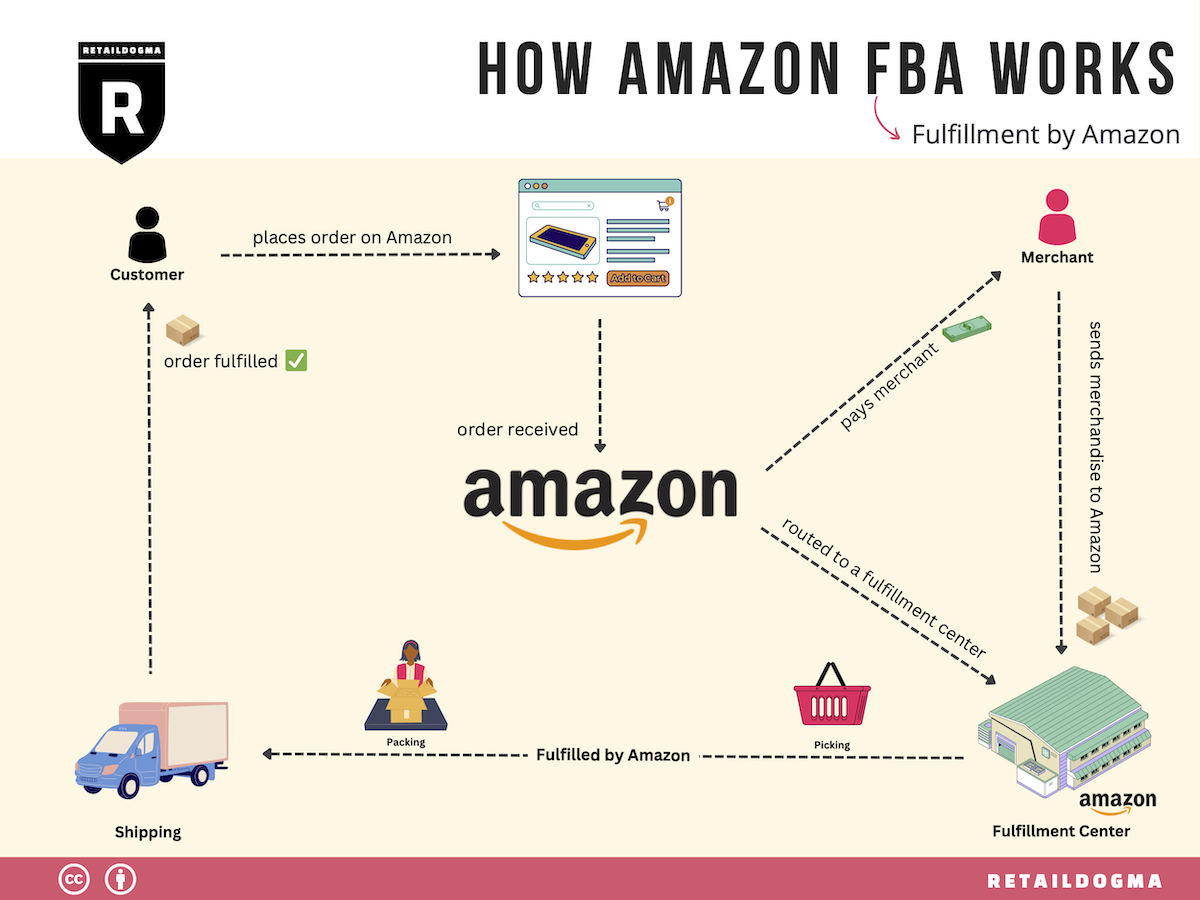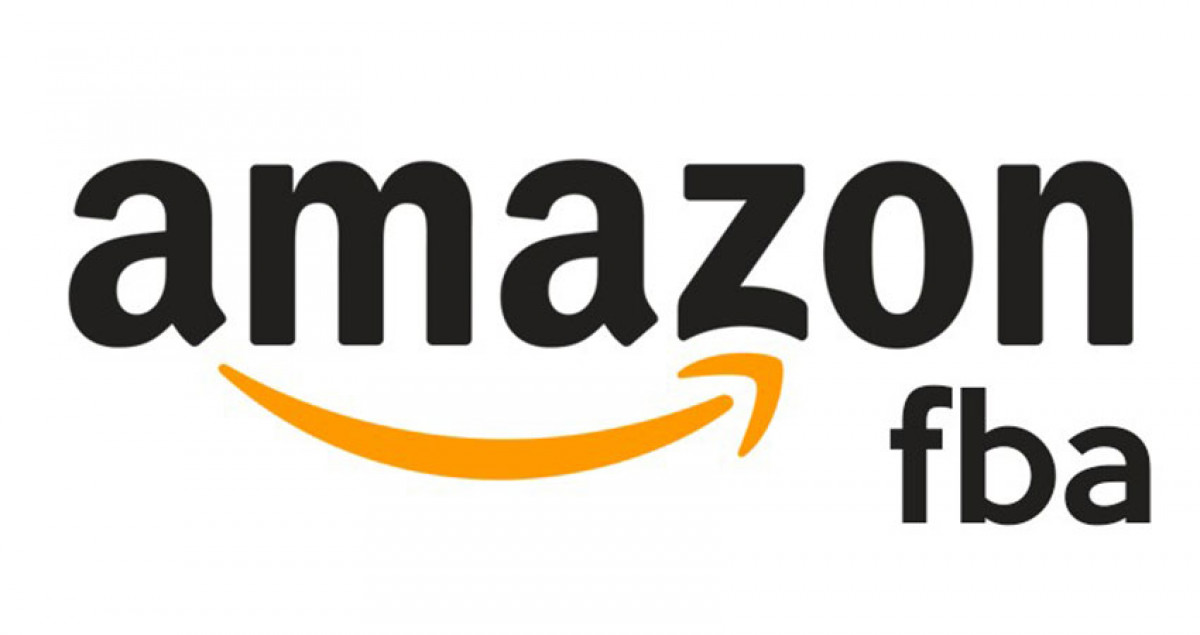Sustainable Selling: Eco-Friendly Practices in Amazon Fba
- 1 INTRODUCTION TO AMAZON FBA
- 2 THE RISE OF ECO-FRIENDLY CONSUMERISM
- 3 WHY SUSTAINABILITY MATTERS IN AMAZON FBA
- 4 REDUCING PACKAGING WASTE: A GREEN APPROACH
- 4.1 CARBON FOOTPRINT REDUCTION IN FULFILLMENT
- 4.2 ECO-FRIENDLY PRODUCT SOURCING
- 4.3 EDUCATING CONSUMERS ON SUSTAINABLE CHOICES
- 4.4 THE CHALLENGES OF IMPLEMENTING GREEN PRACTICES
- 4.5 SUCCESS STORIES: BRANDS LEADING THE WAY
- 4.6 MEASURING ENVIRONMENTAL IMPACT: METRICS THAT MATTER
- 4.7 AMAZON FBA’S COMMITMENT TO SUSTAINABILITY
- 4.8 FUTURE TRENDS: THE EVOLUTION OF ECO-FRIENDLY SELLING
- 5 CONCLUSION:
- 5.1 Frequently Asked Questions
- 5.1.1 How can I start implementing eco-friendly practices in my Amazon FBA business?
- 5.1.2 Are consumers willing to pay more for sustainable products on Amazon?
- 5.1.3 What challenges should I anticipate when transitioning to sustainable selling?
- 5.1.4 Does Amazon FBA provide guidelines for sustainable selling?
- 5.1.5 How can I measure and showcase the environmental impact of my sustainable practices?
Sustainable selling is becoming more and more popular in the quickly changing world of Internet commerce, where convenience sometimes takes precedence over environmental concerns. Customers who value environmental sensitivity will find this idea very important. The Amazon FBA (Fulfillment by Amazon) platform emerges as a distinctive realm within e-commerce, providing businesses with a specialized space to adopt and promote eco-friendly practices. This article endeavors to delve into the intricacies of sustainable selling on Amazon FBA, aiming to uncover the reasons behind its burgeoning popularity, the methodologies employed, and the far-reaching impact it has on both businesses and the environment.
In this investigation, we will examine the reasons why companies adopt sustainable practices on the Amazon FBA platform, the particular tactics they use to integrate environmentally friendly aspects into their operations, and the wider effects of these practices on the participating companies as well as the planet’s ecosystem as a whole.
INTRODUCTION TO AMAZON FBA

The overview of Amazon FBA lays the groundwork for comprehending its revolutionary significance in the online retail space. At its core, Amazon FBA, or Fulfillment by Amazon, represents a groundbreaking approach to streamlining business operations in the digital marketplace. By leveraging Amazon’s extensive shipping network, businesses undergo a significant shift in their logistical strategies.
The opening emphasizes the significant shift that Amazon FBA has brought about: merchants are no longer burdened with the complex logistics of packaging, shipping, and storage. Instead, they can delegate these tasks to Amazon, freeing up valuable time and resources. This shift enables businesses to concentrate on enhancing and refining their products, fostering innovation and quality improvement. The term “symbiotic relationship” encapsulates the mutually beneficial nature of this dynamic. Amazon FBA empowers businesses to thrive by providing an efficient, reliable infrastructure, while Amazon benefits from an expanded range of products and sellers within its marketplace.
Essentially, the introduction highlights how Amazon FBA represents a paradigm shift, offering businesses a strategic advantage in the competitive e-commerce landscape. It underscores the efficiency gained through this collaboration, highlighting the potential for businesses to flourish and adapt to the ever-evolving demands of the digital marketplace.
THE RISE OF ECO-FRIENDLY CONSUMERISM
In the era of heightened environmental consciousness, consumers are increasingly attuned to the impact of their purchasing decisions. The increasing awareness of environmental issues has led to a significant demand for products that align with eco-friendly principles. It represents a fundamental shift in the way that consumers think, not just a fad. This evolving perspective creates a distinctive opening for sellers to embrace and integrate sustainable practices into their offerings. By aligning with the growing appetite for eco-friendly products, businesses can not only meet consumer expectations but also contribute to a greener, more sustainable future.
WHY SUSTAINABILITY MATTERS IN AMAZON FBA
Sustainability goes beyond being a mere buzzword; it’s a pivotal element of a sound business strategy. Using eco-friendly procedures in your Amazon FBA firm is a wise financial decision as well as a statement of environmental duty. Embracing sustainability enhances your brand image, attracting a growing segment of eco-conscious consumers. Beyond the positive impact on the planet, it fosters customer loyalty and sets your business apart in a crowded marketplace. Essentially, giving sustainability a top priority in Amazon FBA is a win-win situation that benefits both your company and the larger ecosystem.
REDUCING PACKAGING WASTE: A GREEN APPROACH
Overpackaging is a major problem in the e-commerce space that has to be addressed immediately. By embracing green packaging practices, businesses can not only mitigate environmental waste but also resonate with the growing community of environmentally conscious consumers. This shift towards sustainable packaging not only aligns with eco-friendly values but also positions businesses as responsible stewards of the environment. It’s a strategic move that not only benefits the planet but also enhances a company’s reputation and appeal in the eyes of consumers seeking eco-conscious alternatives.
CARBON FOOTPRINT REDUCTION IN FULFILLMENT
Businesses are continually looking for creative ways to reduce the carbon footprint associated with order fulfillment as part of their quest for a greener supply chain. Strategic optimization of shipping routes emerges as a key player, ensuring efficient deliveries that require less fuel consumption and reduce emissions. Embracing eco-friendly packaging materials is another crucial step, as it not only minimizes waste but also lowers the environmental impact of the entire fulfillment process. Every nuanced decision, from choosing sustainable packaging to streamlining transportation logistics, contributes to fostering a more eco-conscious and sustainable approach within the realm of Amazon FBA.
ECO-FRIENDLY PRODUCT SOURCING
Embarking on the path of sustainability commences with the very products you offer. To weave eco-friendliness into your Amazon FBA business, consider sourcing practices that align with environmental principles. Seek out suppliers committed to sustainable manufacturing, using materials with minimal ecological impact. Make sure that all aspects of the product lifecycle—from manufacture to disposal—adhere to green regulations. By prioritizing eco-friendly product sourcing, your business not only meets the rising demand for sustainable options but actively contributes to the health of our planet.
EDUCATING CONSUMERS ON SUSTAINABLE CHOICES
Educating customers is essential to creating a culture of sustainable Amazon shopping. By integrating information seamlessly into product listings and descriptions, sellers can educate customers on the environmental impact of their choices. Utilizing visually engaging content, such as infographics or videos, provides a more accessible way to convey complex information. Moreover, offering transparent insights into the sourcing, manufacturing, and packaging processes enhances consumer awareness. Ultimately, an educated consumer becomes a catalyst for positive change, driving demand for eco-friendly products and encouraging sellers to prioritize sustainable practices.
THE CHALLENGES OF IMPLEMENTING GREEN PRACTICES
Navigating the path towards sustainable selling on Amazon FBA presents businesses with both opportunities and challenges. While the benefits are evident, such as appealing to an eco-conscious market, several hurdles must be overcome. A notable obstacle is the possibility of higher expenses linked to implementing environmentally sustainable methods. From sourcing sustainable materials to implementing green packaging, the initial investment can be a barrier for some businesses. Additionally, changing consumer behavior poses a challenge, as not all customers may immediately embrace or prioritize environmentally friendly products. Despite these challenges, the long-term advantages for both businesses and the planet make overcoming these obstacles a worthwhile endeavor.
SUCCESS STORIES: BRANDS LEADING THE WAY
Regarding Amazon FBA’s sustainable selling space, several trailblazing brands have demonstrated that eco-friendly practices can be both impactful and profitable. One notable success story is that of “GreenEarth Essentials,” a skincare brand committed to using biodegradable packaging and ethically sourced ingredients. Their dedication to sustainability not only resonated with eco-conscious consumers but also resulted in a significant increase in sales.
Another inspiring example is “EcoGadgets Co.,” a tech accessory brand. By adopting recycled materials in their product design and implementing eco-friendly packaging, they successfully navigated the transition to sustainable practices without compromising product quality. This change not only brought in new business, but it also earned praise for their dedication to environmental stewardship.
These triumphant tales underscore the significance of genuineness in long-term marketing. Consumers are increasingly discerning, valuing brands that authentically integrate eco-friendly practices into their core values. By learning from these pioneers, businesses can glean insights into practical strategies for adopting and promoting sustainable practices on the Amazon FBA platform.
MEASURING ENVIRONMENTAL IMPACT: METRICS THAT MATTER
Data can tell an engaging tale, particularly when it comes to assessing how your Amazon FBA business is affecting the environment. To truly showcase your commitment to sustainability, it’s essential to understand and track key metrics. Start by quantifying your carbon footprint reduction – an indicator of your efforts to minimize the environmental impact of order fulfillment. Additionally, keep a close eye on waste reduction metrics, reflecting your commitment to minimizing packaging waste. Transparency in presenting these numbers not only builds trust with your customers but also demonstrates to stakeholders that your eco-friendly practices go beyond mere rhetoric, making a tangible difference.
AMAZON FBA’S COMMITMENT TO SUSTAINABILITY
Amazon FBA, recognizing the importance of sustainability, has embarked on a journey to integrate eco-friendly practices into its operations. The platform has made significant strides in embracing renewable energy sources, ensuring a more environmentally responsible approach to its energy consumption. Furthermore, Amazon FBA has put in place extensive waste reduction initiatives, aiming to minimize the ecological footprint associated with its vast fulfillment network.
These initiatives extend beyond altruism; they directly impact businesses utilizing the FBA model. Sellers using Amazon FBA have the opportunity to improve their environmental credentials by utilizing these sustainability strategies. Aligning with a platform committed to green practices not only reflects positively on individual businesses but also resonates with the growing base of environmentally conscious consumers. As a seller, staying informed about Amazon FBA’s sustainability initiatives becomes not just a matter of environmental responsibility but a strategic move to thrive in an evolving market.
FUTURE TRENDS: THE EVOLUTION OF ECO-FRIENDLY SELLING
In the ever-changing field of sustainable Amazon FBA selling, the future is marked by transformative trends. Technology integration takes center stage, with sellers leveraging advanced analytics and AI to meticulously measure their environmental impact. Circular economy principles are gaining momentum, emphasizing product longevity and recycling. Transparency becomes paramount, as consumers seek detailed insights into a product’s sustainable journey. Collaborations with eco-friendly influencers are on the rise, amplifying brands’ messages. Innovations in packaging materials, from plant-based alternatives to reduced plastics, are expected to redefine eco-friendly practices. Staying attuned to these trends not only keeps sellers ahead but also contributes to a more sustainable and responsible Amazon FBA marketplace.
CONCLUSION:
Finally, the sellers are being urged to embrace sustainable methods as a serious obligation rather than just a personal preference. It underscores the urgency and significance of participating in the collective effort towards a greener and more sustainable future. Sellers are encouraged to see their role beyond profit-making, recognizing their impact on the environment. Using environmentally friendly procedures in their Amazon FBA operations, they actively contribute to the larger mission of fostering sustainability, meeting consumer expectations, and ensuring a healthier planet for generations to come. This call challenges sellers to be pioneers in the evolving landscape of e-commerce, driving positive change and setting new standards for responsible business practices.
NeoCell offers distributors and retailers profitable wholesale opportunities. like, Maintain a large supply of NeoCell collagen at wholesale prices, including the highly popular NeoCell Super Collagen C with Biotin, and provide your clients with premium health goods. Items from NeoCell Collagen Products Wholesale are available from UTN Wholesale, a reliable US wholesaler.
Frequently Asked Questions
How can I start implementing eco-friendly practices in my Amazon FBA business?
Begin by assessing your current practices and identifying areas for improvement. Gradually introduce eco-friendly packaging and products to make a positive impact.
Are consumers willing to pay more for sustainable products on Amazon?
Studies show that a significant percentage of consumers are willing to pay a premium for environmentally friendly products. Emphasize the value of sustainability in your product descriptions to attract this eco-conscious market.
What challenges should I anticipate when transitioning to sustainable selling?
Increased costs, potential resistance from existing customers, and sourcing reliable eco-friendly suppliers are common challenges. However, with careful planning and communication, these hurdles can be overcome.
Does Amazon FBA provide guidelines for sustainable selling?
Yes, Amazon has specific guidelines for eco-friendly packaging. Familiarize yourself with these guidelines to ensure compliance and to leverage any available support from the platform.
How can I measure and showcase the environmental impact of my sustainable practices?
Utilize tools and metrics to track your carbon footprint reduction, waste minimization, and other sustainable efforts. Communicate these results transparently to build trust with your customers.

















